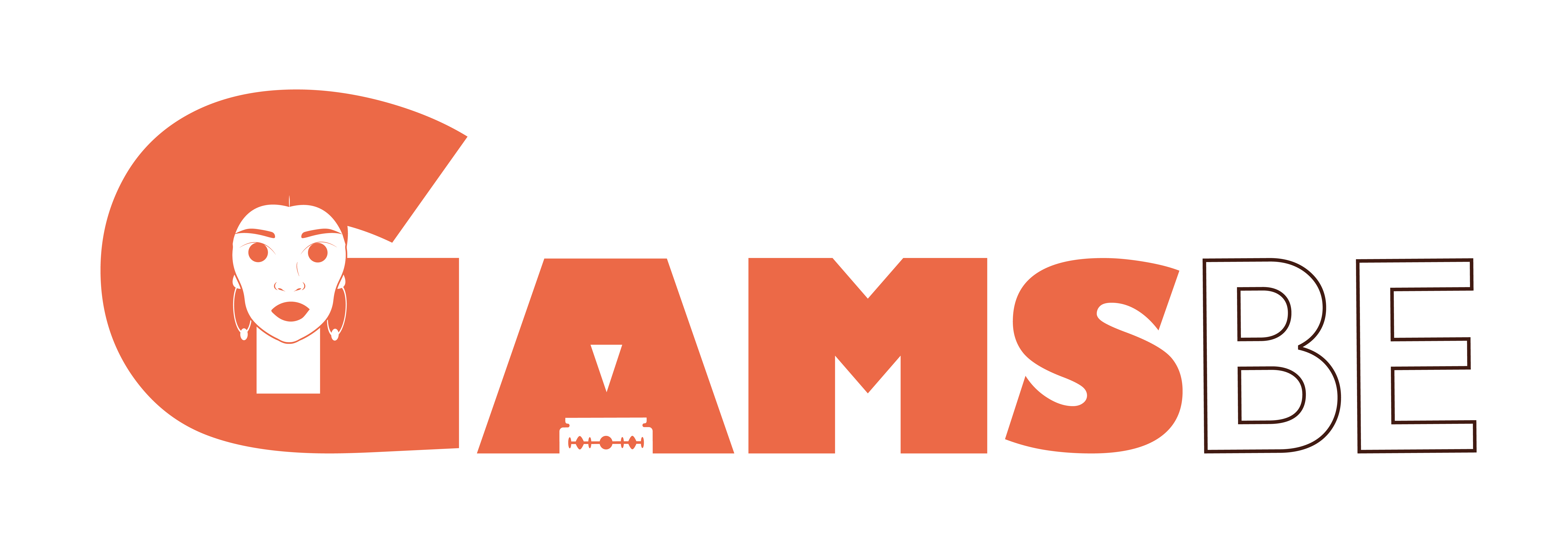Priorities in the fight against FGM
Political demands: priorities 2019-2020
In its fight against female genital mutilation (FGM), one of the missions of GAMS Belgium is to raise political awareness of the needs on the ground. Our advocacy is based on our grassroots work and is done in consultation with other stakeholders. For 2019-2020, we have established a list of priority demands.
Priority 1: Ensure prevention and protection for every girl and woman at risk of female genital mutilation (FGM)
According to the latest prevalence study, over 8,000 girls living in Belgium are potentially at risk of FGM.
- Establish a genuine national policy for the prevention and protection of girls at risk of FGM validated by competent authorities.
- Develop a protection policy for women and girls within the framework of family reunification.
Priority 2: Ensure quality and continuous multidisciplinary support for women and girls who have undergone FGM throughout Belgium.
According to the latest prevalence study, over 17,000 women living in Belgium have undergone FGM. These women are entitled to quality, accessible multidisciplinary support, regardless of their origin, language spoken, administrative status, or place of residence.
- Integrate the issue of gender-based violence in general, particularly female genital mutilation and forced marriage, into the basic training of healthcare, mental health, and social professionals throughout Belgium.
- Apply the Dublin III Regulation flexibly, humanely, and in solidarity, including by recognizing the vulnerability of women facing gender-based violence.
- Train reference persons within the relevant professions (liaisons within their service to support/advise colleagues facing a situation of FGM).
- Strengthen GAMS Belgium’s partnerships with various women’s and girls’ support services following the granting of international protection.
- Ensure service continuity so that each person can receive quality multidisciplinary support.
- Sustain GAMS Belgium’s presence and actions in Flanders.
- Sustain GAMS Belgium’s presence and actions in Wallonia.
- Strengthen GAMS Belgium’s presence and actions in the Brussels-Capital Region.
GAMS Belgium calls for the integration of FGM issues into the basic curriculum of healthcare and social professionals: gynecologists, pediatricians, general practitioners, midwives, nurses, physiotherapists, sexologists, psychologists, social workers, educators, marital counselors, mediators, as well as police officers and magistrates, as well as the designation and training of reference persons in: hospitals (maternity wards) + in travel clinics, SOS Children’s Teams, ONE/K&G, PSE/PMS and CLB, in the juvenile courts, in the police services, in the CPAS. We ask that gender-based violence be taken into account in requests for international protection.
To ensure service continuity, we also ask that grassroots organizations, including GAMS Belgium, be able to benefit from structural funds to ensure team stability by acquiring more grants for the creation and sustainability of certain positions. To ensure geographic coverage, we want to sustain GAMS Belgium’s presence in the Flemish and Walloon regions, particularly through the establishment of new permanent facilities.
Priority 3: Ensure effective protection for women fleeing forced marriage
Women fleeing forced marriage currently receive little protection in Belgium because their asylum requests are often rejected.
- Ensure recognition of forced marriages as gender-based violence.
- Train relevant professionals on the issue of forced marriages.
- Promote a gender approach in handling requests for international protection.
- Promote networking among actors working on the issue of forced marriages in Flanders and Wallonia.
Institutions handling requests for international protection and professionals must receive adequate information and training on gender-based violence, including forced marriages. Network collaboration on the issue of forced marriages needs to be strengthened, particularly in Flanders.
Priority 4: Ensure a positive and non-stigmatizing representation of women affected by FGM and forced marriages
- Develop the perception of FGM and forced marriage as gender-based violence rather than cultural specificities.
- Reduce stereotypes and misconceptions faced by women affected by FGM.
- Build bridges between FGM and other harmful practices for women’s and/or children’s mental and physical health.
- Integrate the issue of female genital mutilation and forced marriage into EVRAS sexual education sessions.
GAMS Belgium aims to work towards strengthening the perception of FGM and forced marriage as gender-based violence rather than cultural specificities, especially among professionals and the general public.
Strengthen our support for associations advocating for the rights of other individuals subjected to such practices by collaborating on projects and actions.
We want to continue to highlight the links between FGM and other practices of external genital modification: intersex genital mutilation, male circumcision, genital cosmetic surgeries, etc.
We aim to integrate FGM prevention and detection in early childhood into a broader program of prevention and early identification of sexual violence against children through PSE/CLB and schools and strengthen the integration of FGM and forced marriages into education on relational, affective, and sexual life in schools.
Ahead of the Belgian federal legislative elections on May 26, 2019, GAMS Belgium published a advocacy note for an improved policy for addressing female genital mutilation in Belgium. We also supported the demands of several associations and collectives. More information here.
(1) Strategic plan for health promotion 2018/2022 of the Brussels French-speaking government
